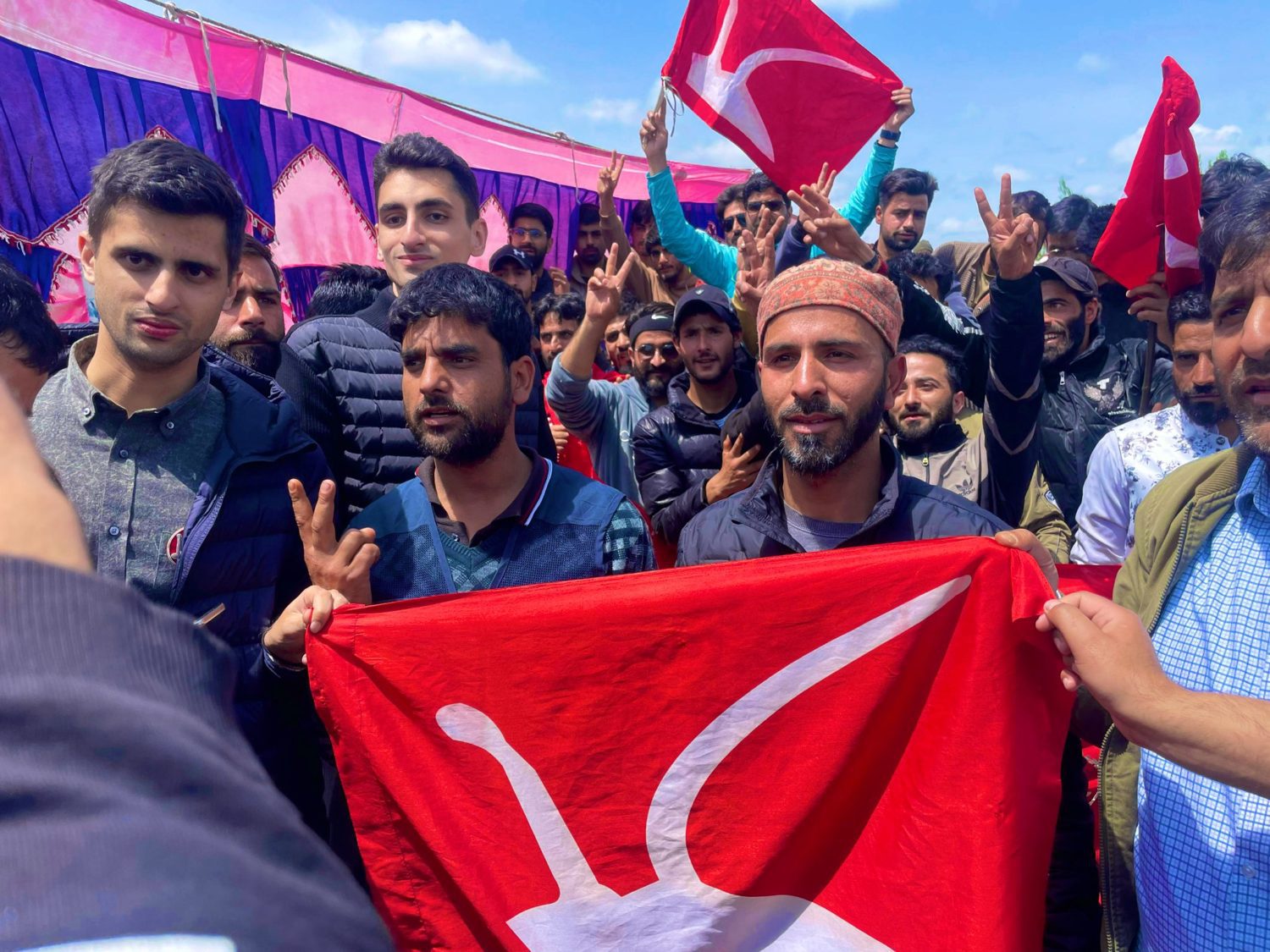NC Passes Resolution on Jammu Kashmir’s Special Status and Statehood: A Renewed Political Stand
Srinagar 21 May 2025: The National Conference (NC), one of the oldest and most influential political parties in Jammu and Kashmir, has once again reaffirmed its commitment to restoring the region’s special status and statehood. In a significant move, the party’s working committee passed a resolution that calls for immediate action from the central government. This resolution comes at a time when political discourse around Jammu and Kashmir remains a focal point of national and international attention.
Background: The Abrogation of Article 370
Jammu and Kashmir’s special status was revoked on August 5, 2019, when the Government of India abrogated Article 370 of the Constitution. This decision led to the bifurcation of the erstwhile state into two Union Territories—Jammu & Kashmir and Ladakh. The move was met with mixed reactions, with some viewing it as a step toward integration, while others saw it as a loss of autonomy and identity.
Since then, political parties, including the NC, have consistently voiced their demand for the restoration of statehood and special status. The recent resolution passed by the NC is a continuation of this demand, reinforcing the party’s stance on the issue.
NC’s Working Committee Meeting: Key Resolutions
The NC’s working committee convened in Srinagar under the leadership of Farooq Abdullah, the party’s president, and Omar Abdullah, the Chief Minister of Jammu and Kashmir. The meeting focused on several key issues, including the recent Pahalgam terror attack, cross-border tensions, and the political future of Jammu and Kashmir.
01. Condemnation of the Pahalgam Terror Attack
The first resolution strongly condemned the April 22 attack in Baisaran, Pahalgam, which resulted in the deaths of 26 civilians, including a local resident. The committee expressed condolences to the bereaved families and denounced the continued cross-border shelling, which has claimed additional lives.
02. Reaffirmation of Special Status
The second resolution reiterated the party’s unwavering commitment to the restoration of Jammu and Kashmir’s special status. The NC emphasized that this status is central to the aspirations and dignity of the people and must be reinstated without further delay.
03. Demand for Immediate Restoration of Statehood
The third resolution urged the Government of India to restore full statehood to Jammu and Kashmir immediately. The party referenced past assurances made in Parliament and observations by the Supreme Court, reinforcing the urgency of the matter.
04. Appeal for Peace and Dialogue
The fourth resolution welcomed the recent ceasefire announcement and called upon both India and Pakistan to maintain peace and pursue long-term dialogue to end violence in the region.
05. Commitment to Democratic Struggle
The fifth resolution reaffirmed the NC’s commitment to its manifesto, pledging to continue its political and constitutional efforts for the rights of the people through democratic means.
06. Addressing Public Concerns
The sixth resolution acknowledged the public condemnation of the Pahalgam attack and the local support extended to stranded tourists. It also cautioned against arbitrary arrests, harassment of youth, use of bulldozers, and restrictions on media, warning that such actions could alienate the public.
07. Protection of Kashmiri Residents Across India
The seventh resolution condemned reports of harassment faced by students, traders, and residents of Jammu and Kashmir in other parts of the country. The NC urged state governments across India to ensure their safety and dignity.
Political Reactions and Opposition Criticism
While the NC’s resolution has been welcomed by its supporters, it has also faced criticism from opposition parties. Some leaders have questioned why the resolution was passed in a party meeting rather than in the legislative assembly, arguing that such matters should be debated in the official political forum.
The People’s Democratic Party (PDP) leader Waheed Para criticized the NC for passing the resolution outside the assembly, stating that it should have been debated in the Jammu and Kashmir Assembly rather than at the party headquarters.
Implications for Jammu and Kashmir’s Political Future
The NC’s resolution signals a renewed push for statehood and special status, but its success depends on the central government’s willingness to engage in dialogue. The demand for statehood restoration has been echoed by various political factions, but concrete action remains uncertain.
Potential Outcomes
- Increased Political Mobilization: The resolution may lead to greater political mobilization among parties advocating for Jammu and Kashmir’s autonomy.
- Government Response: The central government’s stance on the issue will determine whether the demand gains traction or remains a symbolic gesture.
- Public Sentiment: The resolution reflects the aspirations of many residents who seek a return to the pre-2019 status.
Bottom-Line
The National Conference’s resolution on Jammu and Kashmir’s special status and statehood is a significant political development. While it reaffirms the party’s commitment to the issue, its effectiveness will depend on broader political dynamics and government response. As Jammu and Kashmir continues to navigate its political future, the resolution serves as a reminder of the ongoing debate surrounding autonomy, governance, and identity.


